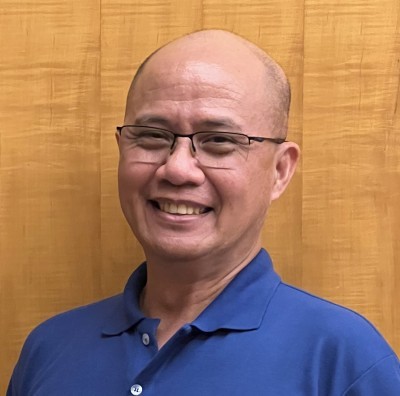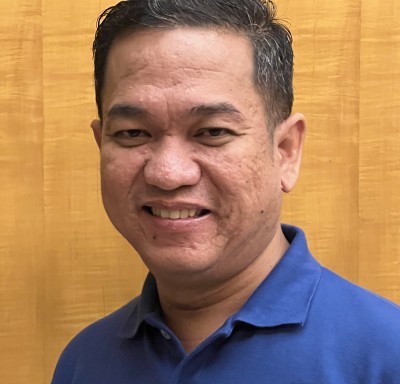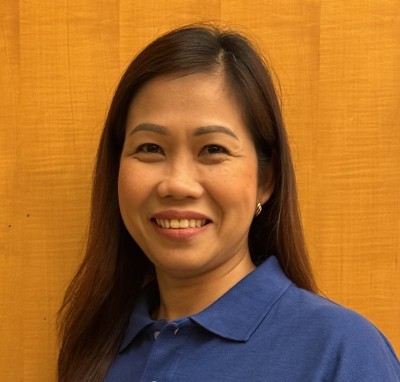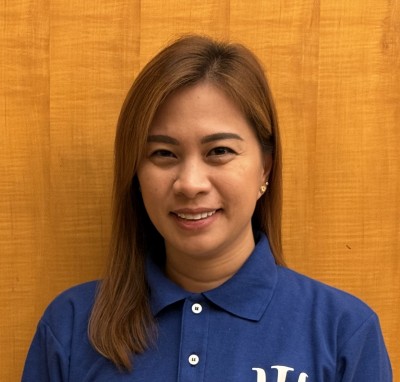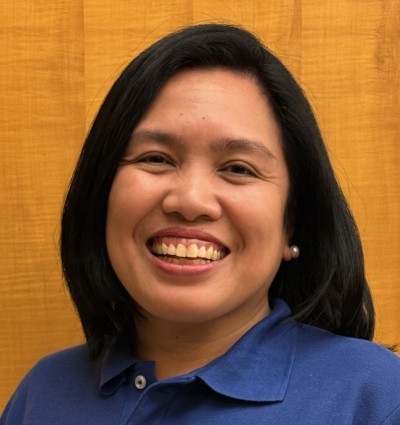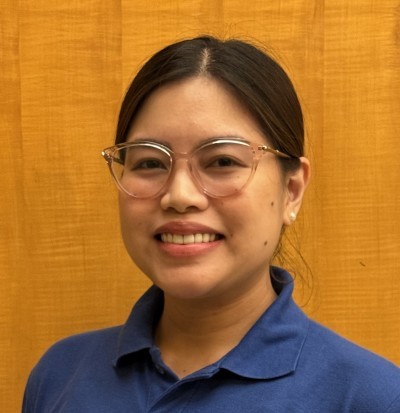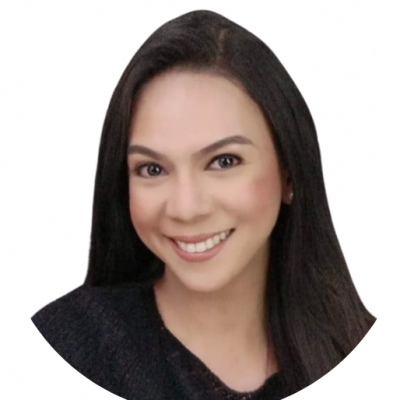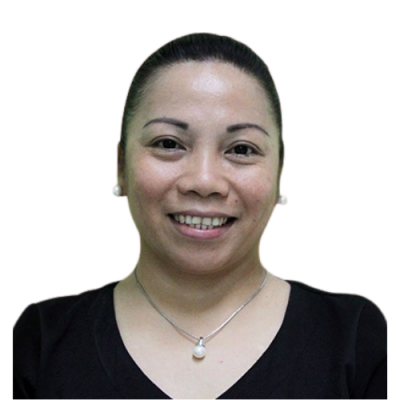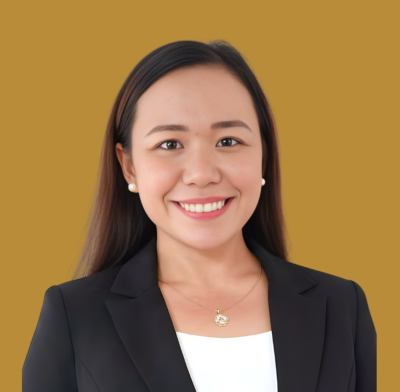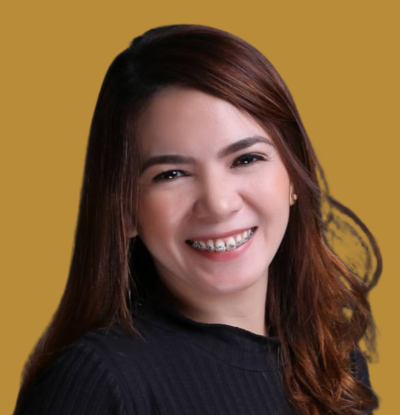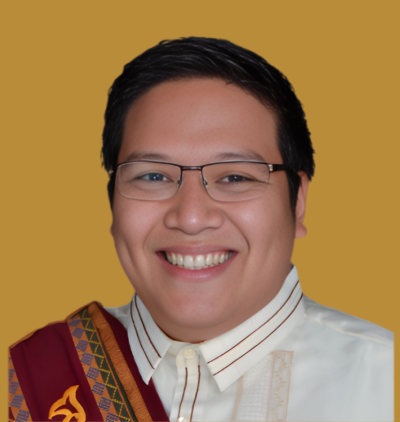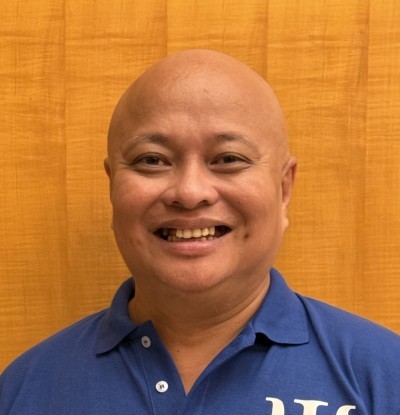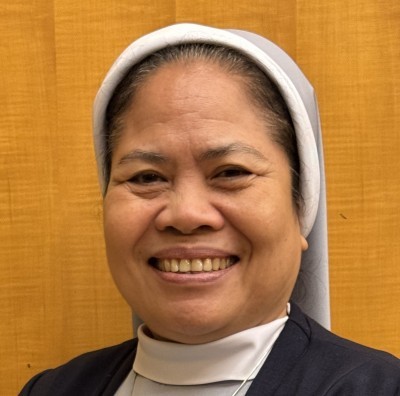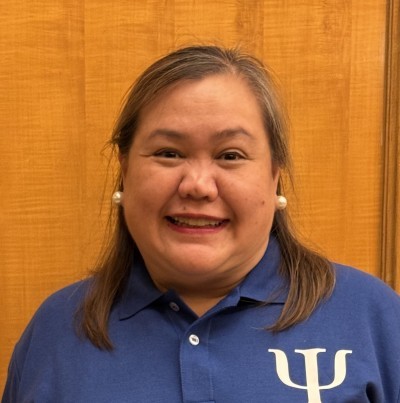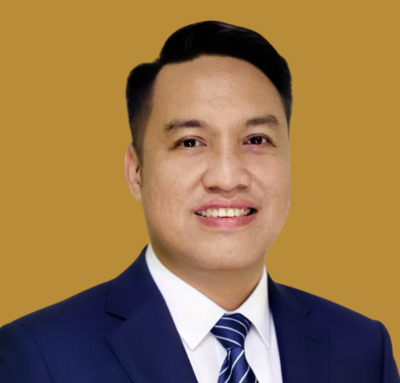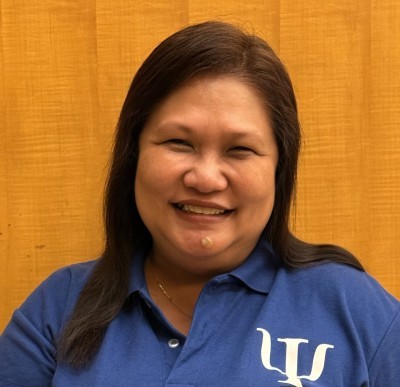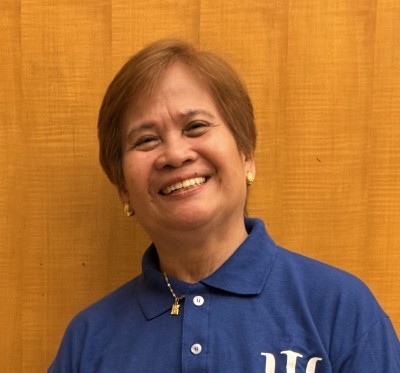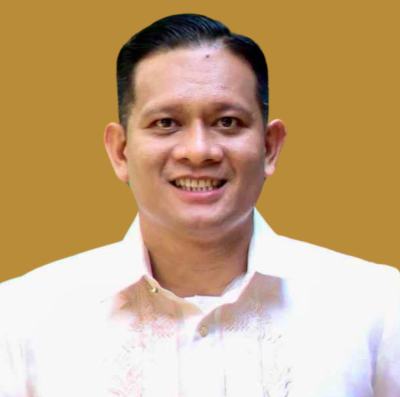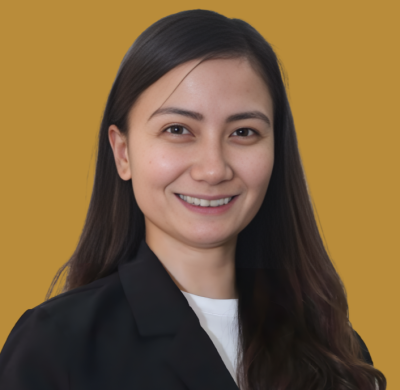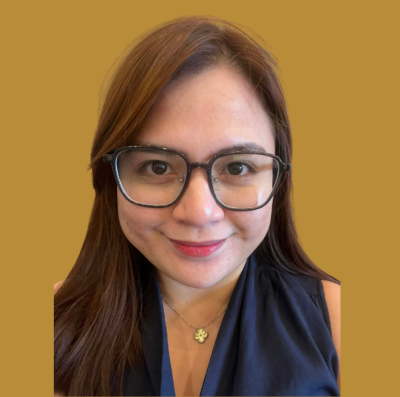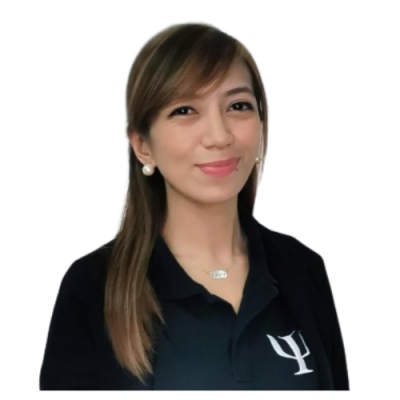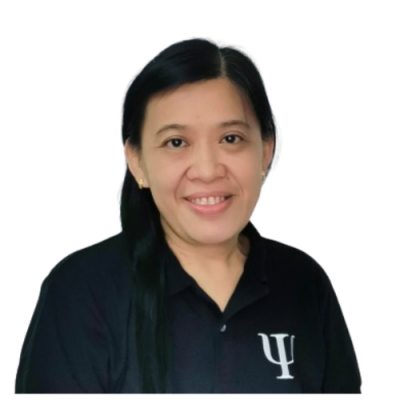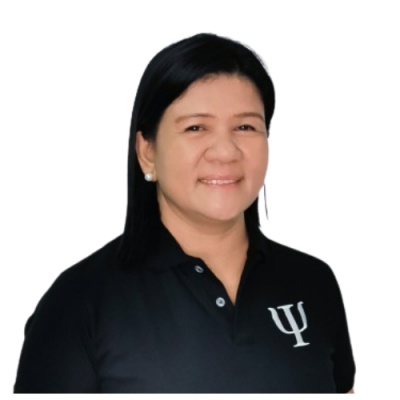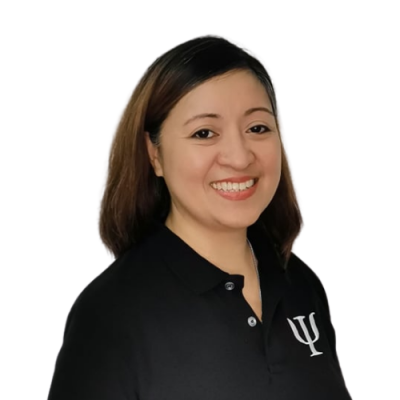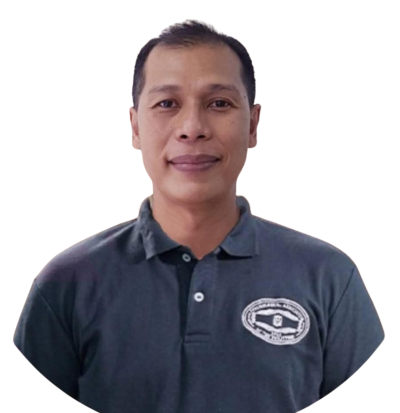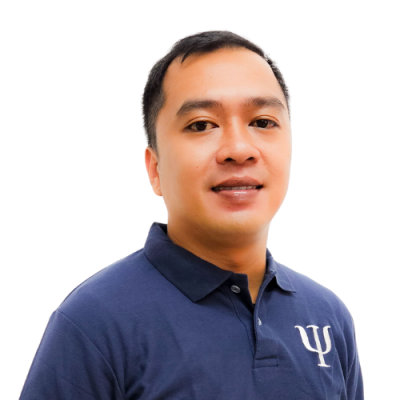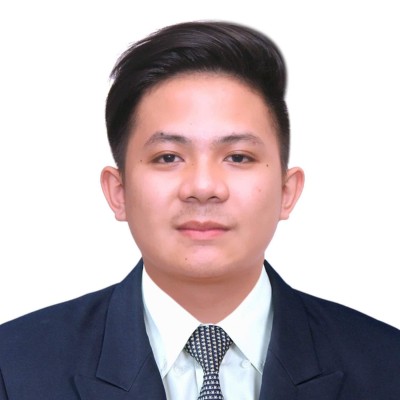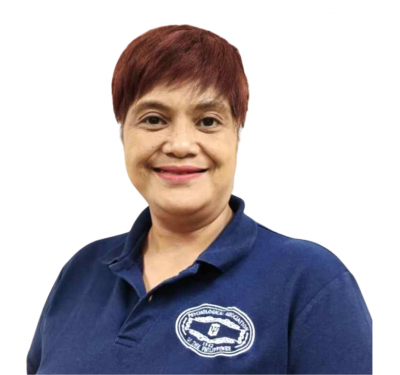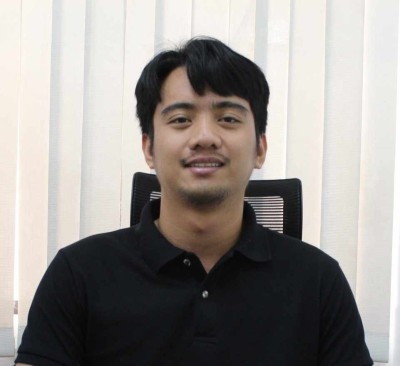The Psychological Association of the Philippines (PAP), founded in 1962, is committed to promoting excellence in psychology`s teaching, research, and practice and its recognition as a scientifically oriented discipline for human and social development.
The PAP is the Accredited Integrated Professional Organization (AIPO) for registered psychometricians and psychologists of the Professional Regulation Commission (PRC). It is the oldest and largest professional organization of psychologists in the country.
The organization certifies specialists in seven (7) areas of expertise within the broad discipline of psychology. Concurrently, it also has seven major divisions representing each of these specialty areas, which are as follows: Assessment Psychology, Clinical Psychology, Counseling Psychology, Developmental Psychology, Educational Psychology, Industrial-Organizational Psychology, and Social Psychology. Apart from these divisions, members also take part in the ten (10) special interest groups (SIGs), namely, Teaching Psychology SIG, Mental Health and Psychosocial Services (MHPSS) SIG, Lesbian Gay Bisexual and Transgender (LGBT) Psychology SIG, Sport and Exercise Psychology SIG, Substance Use, Prevention, and Recovery SIG, Psychology Practitioners in Public Service SIG, Environmental Psychology SIG, Positive Psychology SIG, Research in Psychology, and Persons with Disabilities (PWD) Psychology SIG. To date, PAP also has expanded itself to serve its members better by organizing six (6) regional chapters: Bicol, Northern Luzon, Central Luzon, Calabarzon-Mimaropa, Davao, and United Arab Emirates.
The Psychological Association of the Philippines- Junior Affiliates (PAPJA) Convention which began in 1987 is an annual national event that brings together undergraduate Psychology students from different colleges and universities in the Philippines. This gathering of future Psychometricians and Psychologists from all over the Philippines serves as an important venue for the sharing of recent developments in the field of psychology as a science, exposure to the practice of psychology through workshops, exchange of ideas, and fellowship.
Two months later, the PAP ushered in the new year by electing its first set of officers. It was on January 1, 1963 when Dr. Sinforoso Padilla became the Association's first President, Dr. Alfredo Lagmay the first President-elect, Fr. Jaime Bulatao, S.J. the first Executive Secretary, and Dr. Estefania Aldaba-Lim the first Treasurer. Atty. Narciso Albarracin, who helped the group with their incorporation papers, was sworn in as the Legal Counsel of the Association.
The first plenary meeting was held on March 30, 1963 at the Ateneo de Manila University in Padre Faura. Dr. Sinforoso Padilla delivered the presidential address. After that, the group held monthly meetings and picnics where scientific researches were presented.
In January, 1964, the first annual national convention was held at the NSDB Science Pavilion on the corner of Taft Avenue and Herran (now Pedro Gil), Manila. The high point of the convention was a Symposium on the Filipino Personality which was later published as a book and remains one of the classics in Philippine psychology.
| Year | President |
|---|---|
| 1963 - 1964 | Sinforoso Padilla |
| 1964 - 1965 | Alfredo V. Lagmay |
| 1965 - 1966 | Jaime C. Bulatao, SJ |
| 1966 - 1967 | Estefania Aldaba-Lim |
| 1967 - 1969 | Jaime C. Bulatao, SJ |
| 1969 - 1970 | Abraham I. Felipe |
| 1970 - 1971 | Pura M. Reyes |
| 1971 - 1973 | Alfredo V. Lagmay |
| 1973 - 1975 | Patricia B. Licuanan |
| 1976 - 1977 | Natividad J. Munarriz |
| 1978 - 1979 | Virgilio G. Enriquez |
| 1979 - 1981 | Jaime C. Bulatao, SJ |
| 1981 - 1983 | Ma. Lourdes A. Carandang |
| 1983 - 1986 | Patricia B. Licuanan |
| 1986 - 1988 | Allen L. Tan |
| 1988 - 1990 | Noemi S. Catalan |
| 1990 - 1992 | Amaryllis T. Torres |
| 1993 - 1994 | Allen L. Tan |
| 1994 - 1996 | Noemi S. Catalan |
| 1995 - 1996 | Rosemarie S. Clemena |
| 1996 - 1997 | Natividad A. Dayan |
| 1998 - 1999 | Elena L. Samonte |
| 1999 - 2000 | Imelda V. G. Villar |
| 2000 - 2001 | Floranie P. Jacob |
| 2001 - 2002 | Marylou U. Onglatco |
| 2002 - 2003 | Conchita V. Umali |
| 2003 - 2004 | Anna Miren Gonzalez-Intal |
| 2004 - 2005 | Lucila O. Bance |
| 2005 - 2008 | Allan B. I. Bernardo |
| 2008 - 2010 | J. Enrique G. Saplala |
| 2010 - 2012 | Maria Caridad H. Tarroja |
| 2012 - 2014 | Ma. Regina M. Hechanova |
| 2014 - 2016 | Angela V. Regala |
| 2016 - 2018 | Margaret Helen U. Alvarez |
| 2018 - 2020 | Ron R. Resurreccion |
| 2020 - 2022 | Marc Eric S. Reyes |
| 2022 - 2023 | Niño Jose Mateo |
| 2023 - 2024 | Ver E. Reyes |
| 2024 - 2025 | Glenn G. Glarino |
Allan B.I. Bernardo (2009)
Ma. Lourdes A. Carandang (1988)
Annandaisy J. Carlota (2002)
Noemi de Vera Sanchez-Catalan (2002)
Betty Cernol-McCann (2002)
Rose Marie S. Cleme���a (2002)
Virgilio G. Enriquez
Abraham I. Felipe (1984)
Patricia B. Licuanan
Cristina J. Montiel (2016)
Allen L. Tan (2000)
Maria Caridad H. Tarroja (2016)
Amaryllis Tiglao-Torres (2000)
Elizabeth R. Ventura (2002)
Imelda V.G. Villar (2002)
New Vision
The Psychological Association of the Philippines is an internationally recognized leader in advancing the science, learning and practice of Psychology.
New Mission Statement
PAP promotes the excellent, socially relevant, evidence-based, and ethical practice of psychology for its continued growth and development on the national and international levels in service of its members and the public.



